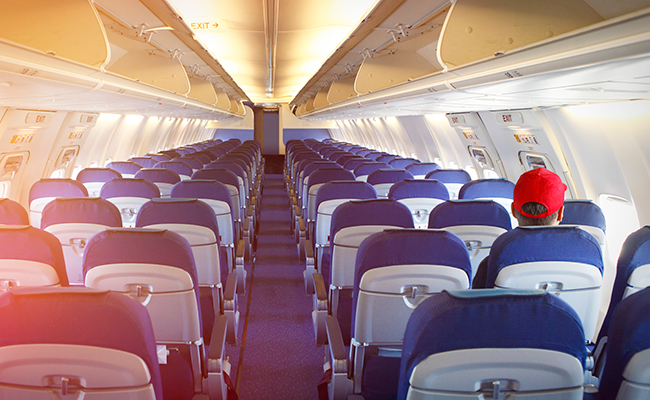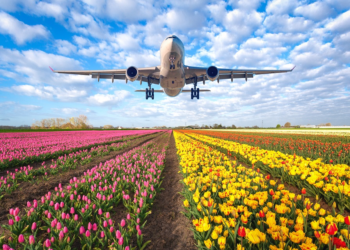Airlines and airports have agreed to abide by a set of conditions that enables an extension of the waiver of the “use-it-or-lose-it” rule to be applied for the entire 2020-2021 winter season.

Continued uncertainty about a second wave of the pandemic and haphazard travel restrictions have caused passenger demand to plummet, leading to a slower recovery in European air transport and making the need for an extended slots waiver urgent.
The agreement by ACI EUROPE, Airlines for Europe (A4E), Airlines International Representation in Europe (AIRE), IATA, and the European Association of Slot Coordinators (EUACA) should facilitate a prompt decision by the European Commission.
“Decisions must be made now to enable the timely return of slots for the winter season once the waiver is granted,” said Olivier Jankovec, Director General, ACI EUROPE. “This will give airports and airlines certainty in planning their schedules and operations and ensure that passengers know what to expect in the tough months ahead. Further delays will paralyze the winter planning process and add millions in costs for all parties.”
“Only a full-season slots waiver will ensure that the flying of empty planes is avoided and enable flights to be operated in the most sustainable way possible,” said Rafael Schvartzman, IATA Regional Vice President for Europe. “Airlines and airports in Europe stand ready to apply the agreed conditions as soon as the full-season waiver is granted and call on the European Commission to endorse this agreement and authorize the waiver immediately.”
The 80/20 rule, or ‘use it, or lose it’, was relaxed for the summer season so airlines would not lose their airport slot rights if they are unable to operate 80% of their services according to schedule.
Initially, ACI and IATA had been at loggerheads over the extension.
Cargo carriers are disadvantaged by the 80/20 rule as the ad hoc nature of the sector makes it hard for them to run operations to a specific schedule. This has resulted in them facing issues when trying to obtain slots at congested airports.





